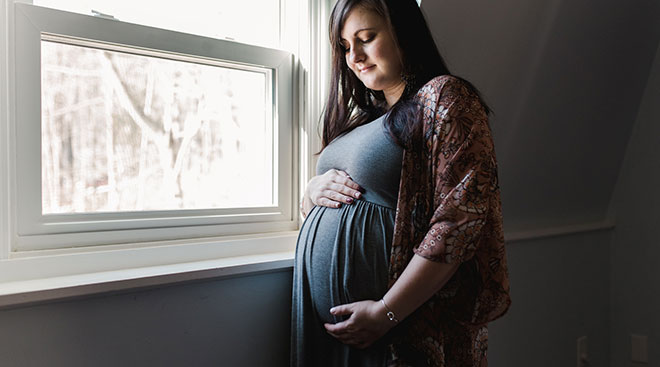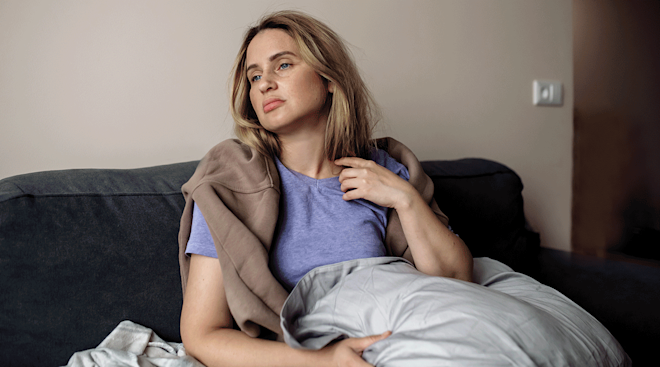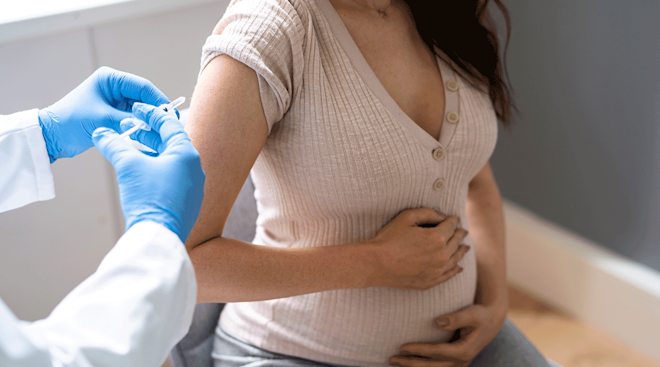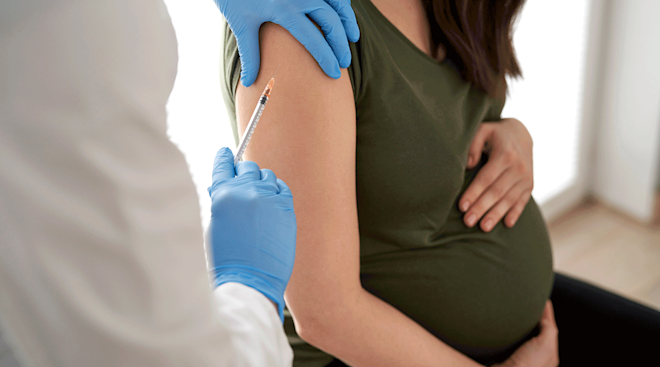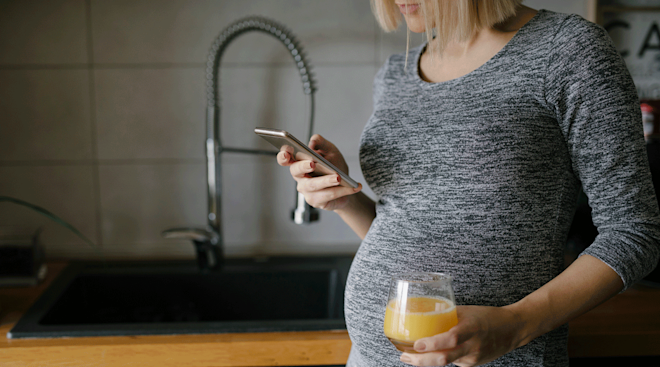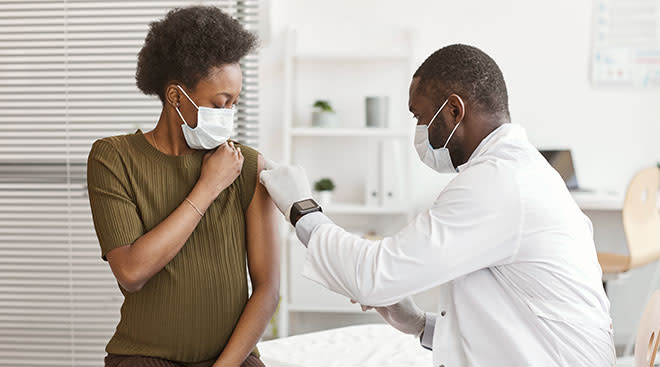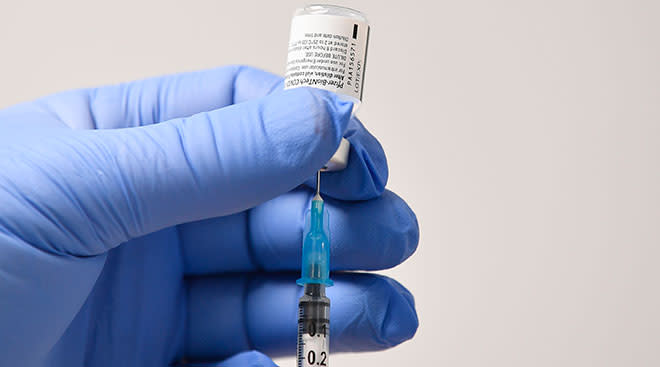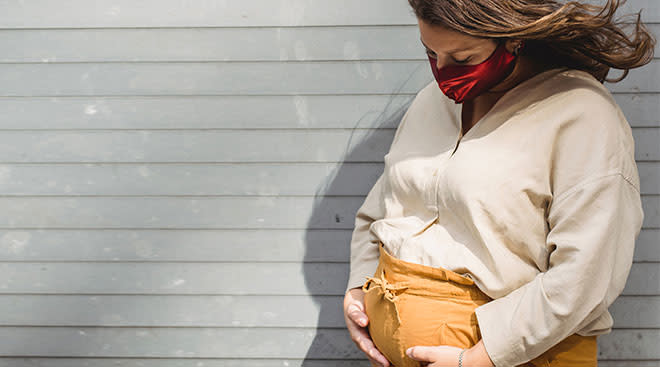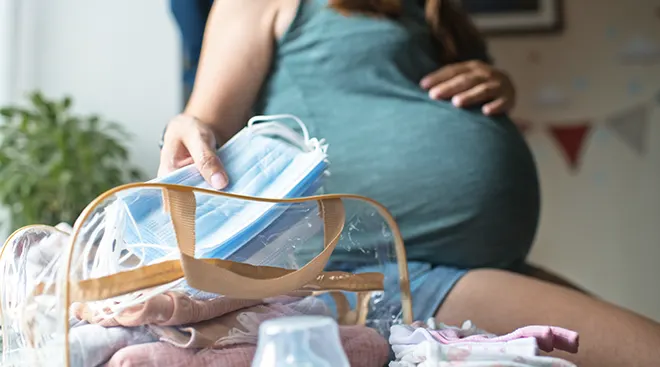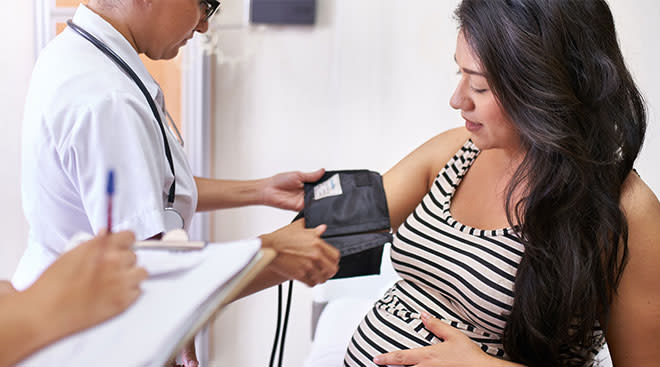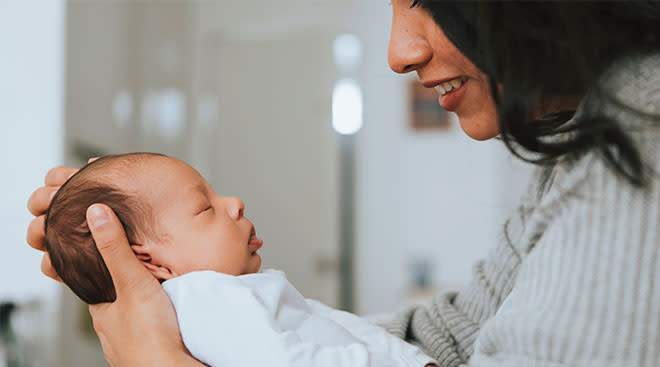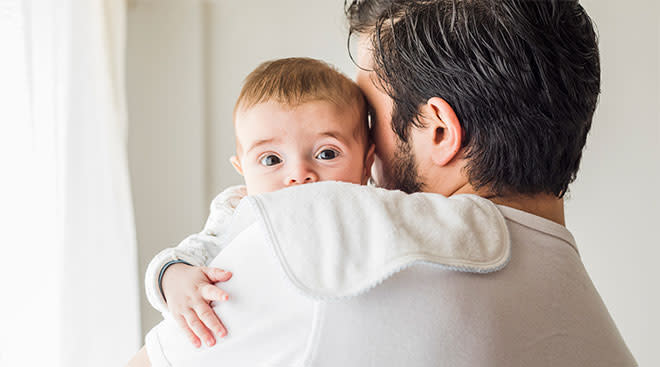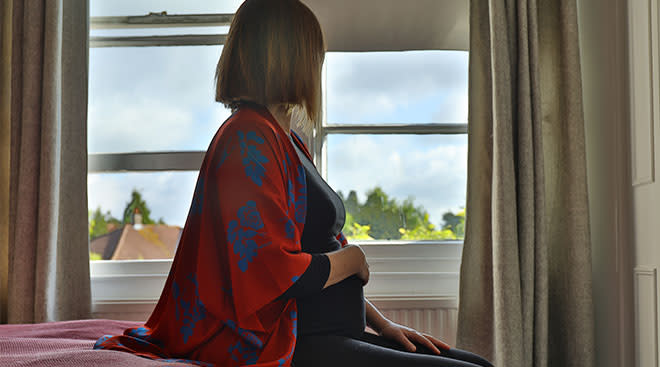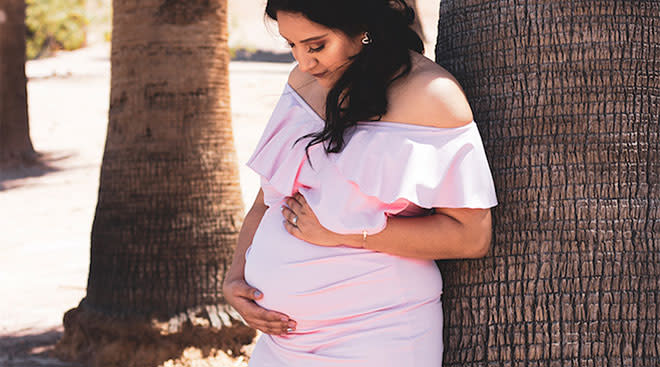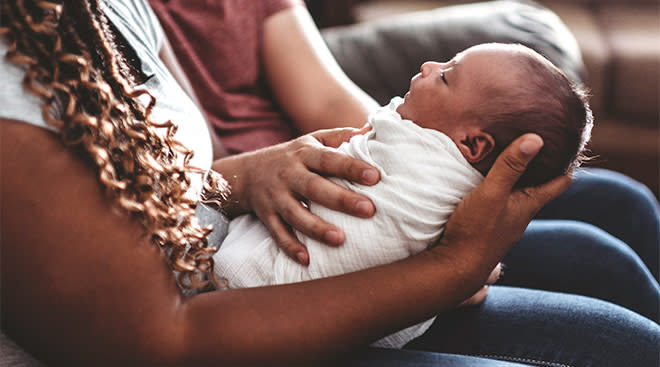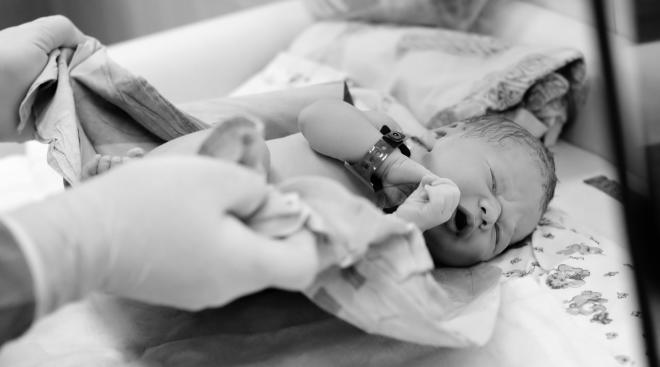Here’s How You Can Protect Against COVID-19 While Pregnant, APA Says
With so little known about the respiratory infection known as COVID-19, it’s expected for any pregnant woman to have questions about how she can best protect herself and her baby. Many communities are already practicing social distancing and telling people to stay home. Now the American Pregnancy Association (APA) is advising expectant mothers to adhere to the following guidelines and recommendations.
Know the Symptoms of COVID-19, Allergies, Flu and the Common Cold
Not only is it important for expectant women to know the symptoms of COVID-19, but it’s also important they understand how the symptoms may differ from those of allergies, flu and the common cold, the APA states. While information is still limited, the APA says coronavirus symptoms may include fever, respiratory symptoms and possible diarrhea.
Keep In Touch With Your Doctor and Keep Medical Documents On Hand
Along with knowing the symptoms, make sure to talk to your health care provider. After all, they know your current condition and health risks and will be able to provide the best recommendations for your situation. In some cases, they may even be able to give prescriptions and anything else you may need over the phone or a video call. To make your doctor’s job a little easier, make sure you have your medical records easily accessible ahead of a virtual visit or phone call.
Track Your Health
As healthcare professionals across the country work tirelessly to battle COVID-19, some facilities are moving to virtual prenatal visits, where applicable, as recommended by the ACOG. To make these virtual visits a little more seamless, the APA recommends using the myFetalLife app, which helps to track vitals, including blood pressure, weight changes, gestational diabetes and baby’s growth. The information can then easily be transmitted to a doctor and used during the remote visit. As a bonus, the app also allows users to ask questions with the confidence that answers are coming from the APA.
For any first-time expectant moms who haven’t yet picked their doctor yet, the app also features an opt-in for premium nurse monitoring. In this option, registered nurses will use doctor-approved care plans, monitor your health indicators and provide guidance as needed.
Pay Close Attention to Your Mental Health, Too
These are unprecedented and stressful times, so it’s important to pay attention to both your mental and physical health. While you may be experiencing increased levels of anxiety, there are a few ways to help clear your mind. If you can, spend some time outdoors and take in some fresh air and sunshine, whether that’s through a socially-distanced walk in the neighborhood or park or a step onto your back porch.
Another expert-recommended way to give yourself a boost is exercise. It can help improve mood, sleep and energy levels. Plus, here are plenty of online resources available to help you get started.
Of course, exercise alone may not cut it. The APA also recommends occupying yourself by reading engaging stories or watching uplifting movies that help brighten your mood. And don’t forget to treat yourself! Pair that movie with Nightfoods’ Nighttime Ice Cream, which is pregnancy-friendly and recommended by the APA. It packs in all the flavor without sacrificing nutritional value. Added bonus? They’re shipping directly to your door for free with the code PREGNANT.
Practice Good Hygiene and Social Distancing
Socially distancing is one word you’ve probably heard more than any other in the past few weeks. But that’s because the CDC and other public health experts have rallied behind it as the way to beat the spread of COVID-19. Avoid large crowds and sick people and stay home when possible. If going out is necessary, make sure to maintain a 6-foot between yourself and others.
Other recommendations from the CDC include using gloves and sanitizing wipes to clean frequently touched surfaces. These include light switches, microwaves, refrigerator handles and even baseboards if you have small kids! Plus, make sure to wash those hands! Proper hand-washing—with soap for 30 seconds, keeping your hands away from your face—is one of the best ways to protect yourself and your family from getting sick and spreading germs. Also, make it a habit to cover your coughs and sneezes.
Looking for more information on how COVID-19 may affect pregnancy? We’ve got you covered. Check out tips and answers to frequently asked questions from OBs and other experts, well as how tips on how your partner can support you through this time.
Please note: The Bump and the materials and information it contains are not intended to, and do not constitute, medical or other health advice or diagnosis and should not be used as such. You should always consult with a qualified physician or health professional about your specific circumstances.
Navigate forward to interact with the calendar and select a date. Press the question mark key to get the keyboard shortcuts for changing dates.

































